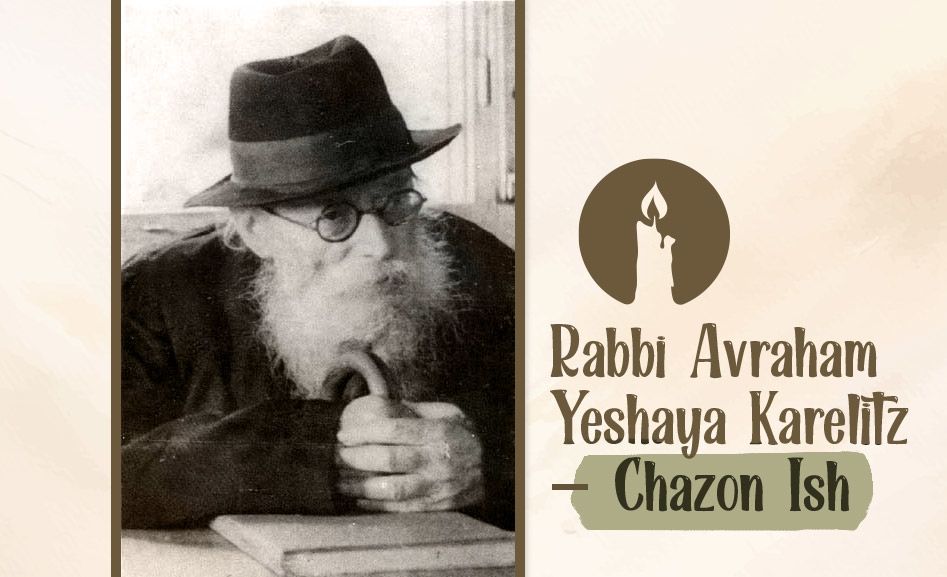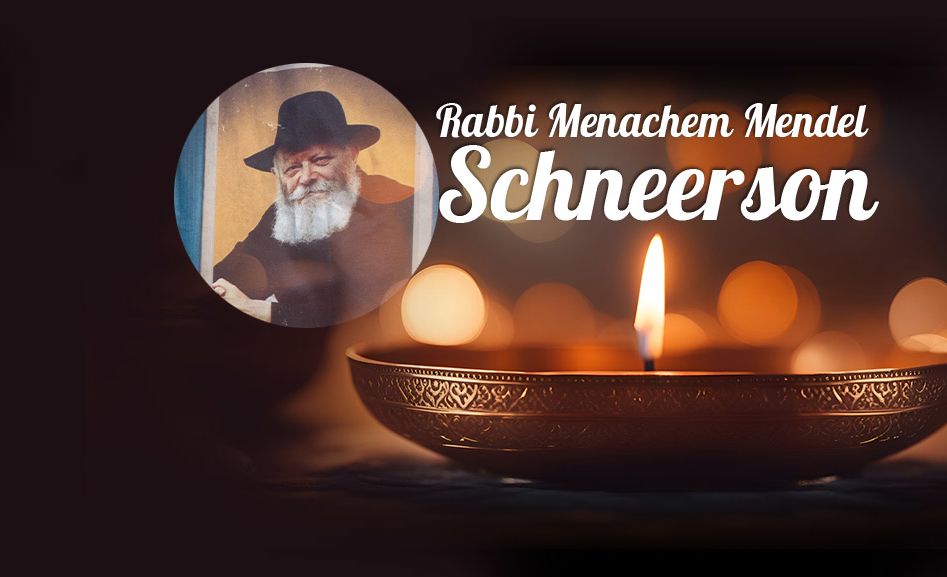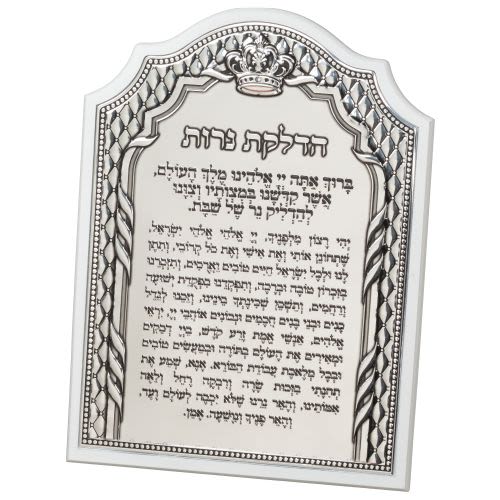
Rabbeinu Yonah of Gerona
Date of Passing: 28-Cheshvan. R' Yonah is famous for "Shaarei Teshuvah" (Gates of Repentance), a system for self-improvement from biblical and talmudic sources.

Died: Toledo, Spain, 1263
Gerona, a small city in Catalonia, Spain, was known as a “mother-city in Israel,” because it was the birth place of some of the greatest Jewish scholars in the Diaspora, whose writings and teachings still serve as beacons of light. Among the famous sons of Gerona we will mention the famous blind Talmudist Rabbi Isaac Sagi-Nahor; the even more famous Rabbi Zerachiah Halevi, author of Sefer Ha-imoor, which he began to write at the age of nineteen; then there was the Ramban (Nachmanides), Rabbi Moshe ben Nachman; finally we will mention also the RaN, Rabbenu Nissim ben Reuben. These are names which are well known to every Yeshivah student. It was in this city also that Rabbenu Jonah was born.
Rabbenu Jonah was a cousin of Nachmanides. His father Abraham must have been one of the most prominent members of the community. Young Jonah received his earliest education in his home town. While many Jewish scholars of those days devoted part of their time to secular studies, Rabbenu Jonah devoted his entire attention to the study of the Talmud. He wandered through the cities of Southern France and the Provence, then through the main centers of the Tosaphists (famous Talmudic commentators and exponents), increasing his Talmudic knowledge daily. Finally he settled in Montpelier, where he became the disciple of Rabbi Solomon ben Abraham.
Rabbenu Jonah’s association with Rabbi Solomon of Montpelier, coupled with his upbringing and training, had a profound influence upon Rabbenu Jonah and determined his entire life and viewpoint. For his teacher Rabbi Solomon was the leader of the opposition to the philosophical writings of the Rambam (Maimonides). Rabbenu Jonah wholeheartedly joined his teacher in a determined effort to combat the influence of philosophy and secular culture on the education of Jewish youth. These great leaders in Israel viewed with concern and dismay the evil effects of assimilation on the Jewish youth of Spain and France, and blamed the lack of proper education for it. For it had become in vogue for Jewish youths to delve into the study of philosophy before they had been adequately prepared for it. Some Jewish philosophers had also made attempts to reconcile Divine religion with man-made philosophy, or to “rationalize” (explain with reason) where it was necessary to have faith, for the human mind is so limited and cannot always explain many of the commandments and precepts which were given by G‑d. These great leaders in Israel therefore felt that even the philosophical writings of the great Maimonides could be dangerous to Jewish youth.
Thus it was that Rabbenu Jonah together with another disciple of Rabbi Solomon of Montpelier, whose name was Rabbi David ben Saul, joined their teacher in proclaiming a ban (1232) against all those who studied the “Moreh Nevuchim” and other philosophical writings of Maimonides. The whole Jewish world was then divided into two violently opposing camps, for and against the philosophical views of Maimonides. Even the Jewish community in Montpelier was thus divided. Nachmanides, Rabbenu Jonah’s cousin, tried to exercise a moderating influence in the conflict, but it had flared up to such heights, that Maimonides’ works were publicly burned in Paris by Franciscan and Dominican priests who took advantage of the situation and burned also many Talmudic works at the same time (1242).
This unfortunate spiritual struggle, which became a tragedy for the Jewish people in those days, made Rabbenu Jonah bitterly regret his strong stand against the writings of the saintly Maimonides. He vowed to make amends by traveling from city to city, where he would publicly declare his repentance, until he would reach the Holy Land. There he would pray for forgiveness at the grave of Maimonides in the presence of a congregation of ten Jews for seven consecutive days, as prescribed by Jewish law in cases where a deceased person is to be asked for forgiveness.
Rabbenu Jonah started on his trip south. He passed through Barcelona, and finally came to Toledo. There one of his Talmudic lectures had made such an impression upon the Jewish community, that they begged Rabbenu Jonah to stayed on to teach the young students at the yeshivah. Rabbenu Jonah stayed, and devoted his attention to teaching the students, and to his writings. But in the year 1263 Rabbenu Jonah died of a strange illness, and many of his former opponents claimed that it was a Divine punishment for failing to fulfill his vow.
The death of this great teacher was greatly mourned by the Jewish people. Nachmanides wrote a special lamentation, entitled “Leket Tziuni,” to commemorate the passing of the great man whom the Jewish people reverently termed “Hachasid,” the pious.
As a Talmudic scholar Rabbenu Jonah became famous by his commentaries on Alfasi, (RIF) which were collected and edited by his disciples. Only his commentary on the tractate of Berachoth is extant, however. Numerous notes of his of Halachic interest are quoted by his outstanding disciple, Rabbi Solomon ben Adret (RaSHBA). Also the “Shitah Mekubetzeth” of Rabbi Bezalel Ashkenazi contains some of his “Chidushim,” (original Talmudic deductions). Rabbenu Jonah also wrote commentaries on “Pirkei Avot” and “Mishlei” which were met with wide acclaim.
But most important for us are his great ethical works, upon which his greatest fame rests. These works, “Shaarei Teshuvah” (Gates of Repentance), “Sefer Hayirah” (Book of Piety) and “Iggereth Hateshuvah” (Epistle on Repentance) exercised great influence upon Jews throughout the ages. It is said that Rabbenu Jonah wrote these works to atone for his earlier attacks against the works of Maimonides. But whatever caused Rabbenu Jonah to write these and his other works on ethics and morality, we must feel deeply grateful to him, for they have ever served as a source of boundless inspiration to all those who seek simple piety, modesty, and sincerity, in the worship of G‑d, and strive to a higher level of religious and moral living.












Tell us what you think!
Thank you for your comment!
It will be published after approval by the Editor.